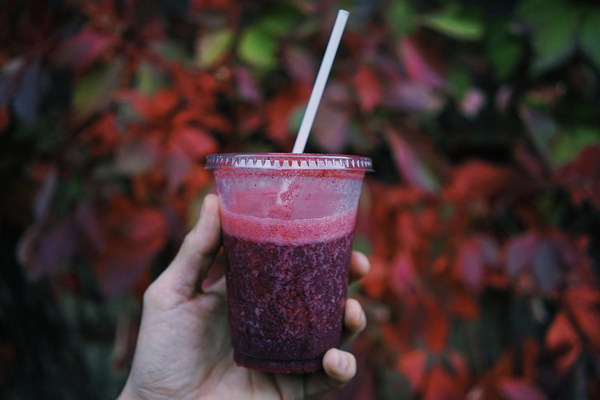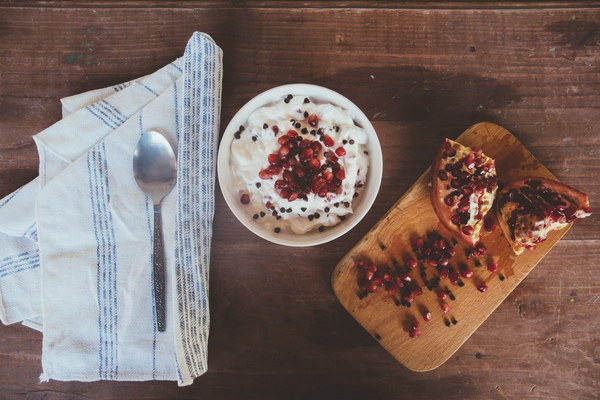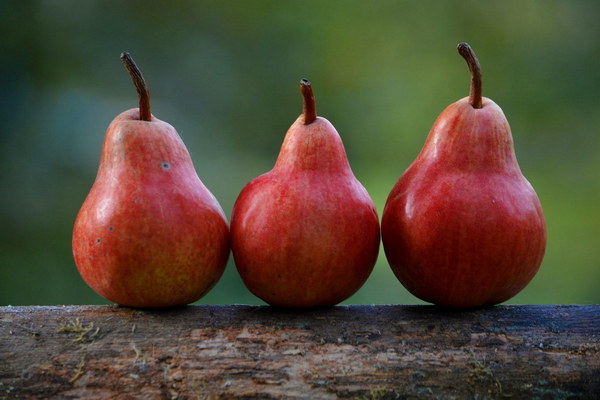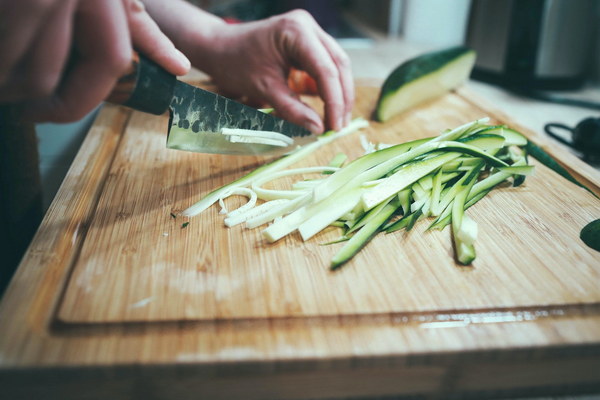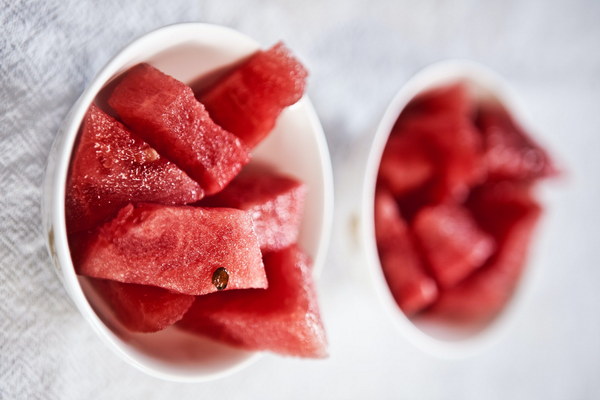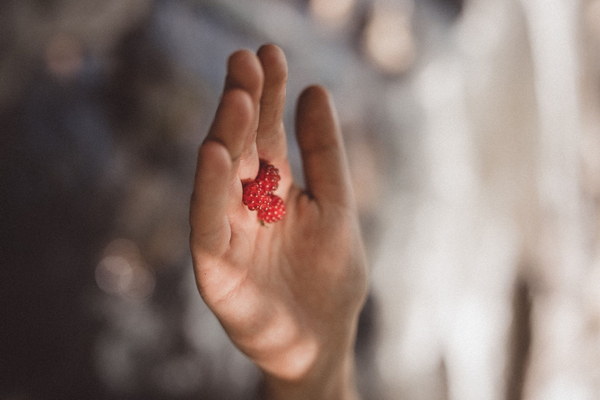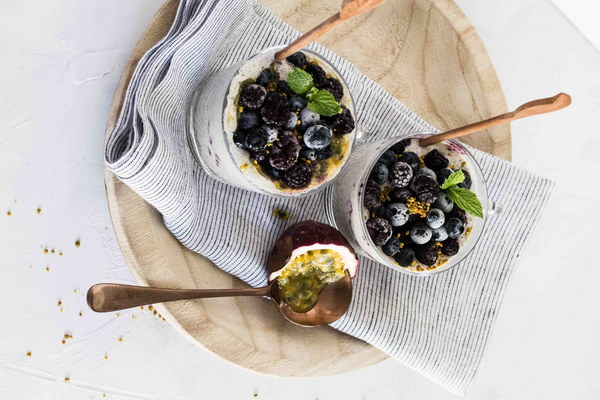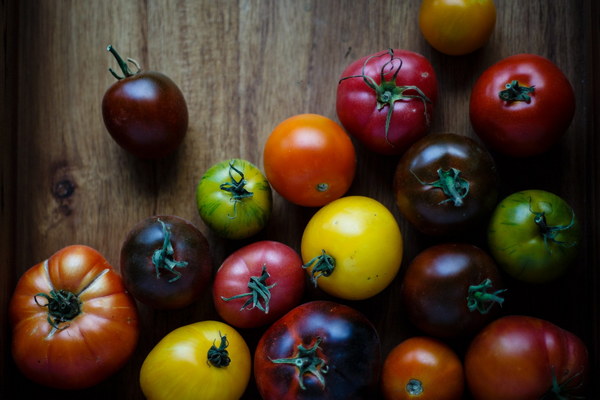The Sweet Touch Choosing the Right Sugar for Your Herbal Soup
In the realm of traditional Chinese medicine, the art of crafting herbal soups, or yao shan tang, is a delicate balance of ingredients that aim to nourish and heal the body. Among these ingredients, the choice of sugar can significantly impact the taste and efficacy of the soup. Here's a guide to selecting the perfect sugar for your herbal soup to enhance its therapeutic properties.
1. Honey: The Natural Sweetener
Honey is not just a sweetener; it's a natural healer. This golden syrup has antibacterial and anti-inflammatory properties that can complement the therapeutic herbs in your soup. Its richness and depth of flavor also add a luxurious touch to the dish.
When using honey, opt for raw, unfiltered varieties. They contain more vitamins, minerals, and antioxidants than their processed counterparts. Honey is best used for soups that are meant to be soothing and healing, such as those for colds, flu, or sore throats.
2. Rock Sugar: The Traditional Choice
Also known as brown sugar or jaggery, rock sugar is a traditional choice for sweetening herbal soups. Made from the sap of sugar cane or palm trees, this unrefined sugar retains a wealth of nutrients and a molasses-like flavor that complements the earthy notes of the herbs.
Rock sugar is perfect for soups that are designed to boost energy and vitality, such as those used in the treatment of fatigue or weakness. It also provides a slightly caramelized flavor that can elevate the taste profile of your soup.
3. Brown Rice Syrup: The Nutritious Option
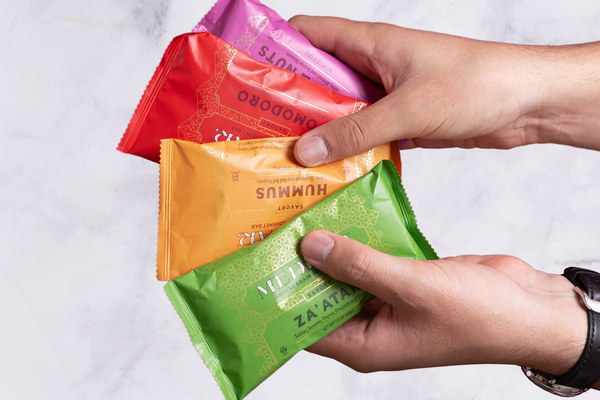
Brown rice syrup is a healthier alternative to refined sugars, offering a sweet, molasses-like taste with a lower glycemic index. This syrup is made by fermenting and then boiling brown rice, which retains more of the grain's nutrients, including B vitamins and minerals.
Brown rice syrup is ideal for soups that require a gentle sweetness, such as those intended for post-surgery or post-partum recovery. It provides a nourishing sweetness without the spikes in blood sugar that can come with refined sugars.
4. Maple Syrup: The Canadian Delight
Maple syrup is a popular choice for those who seek a slightly tangy sweetness with a touch of flavor. Derived from the sap of maple trees, this syrup is rich in antioxidants and has a distinct, sweet and slightly smoky flavor.
Maple syrup is perfect for soups that are meant to be comforting and uplifting, such as those used in the treatment of stress or anxiety. It adds a unique depth of flavor that can make your soup stand out.
5. Date Syrup: The Sweetness of Dried Fruits
Date syrup is made by boiling dates until they caramelize, creating a thick, sweet syrup. It's a natural sweetener that is not only delicious but also packed with vitamins and minerals.
Date syrup is a great choice for those who are looking for a sweetener that is both nourishing and flavorful. It's often used in soups that are meant to be grounding and restorative, such as those for stress or insomnia.
In conclusion, the choice of sugar for your herbal soup can make a significant difference in both taste and therapeutic value. Whether you opt for the natural healing properties of honey, the traditional charm of rock sugar, the nutritious benefits of brown rice syrup, the unique flavor of maple syrup, or the nourishing sweetness of date syrup, the right sugar can elevate your herbal soup to a culinary and healthful experience. Remember to consider the properties of each sweetener and the intended benefits of your soup to make the best choice for your health and well-being.
